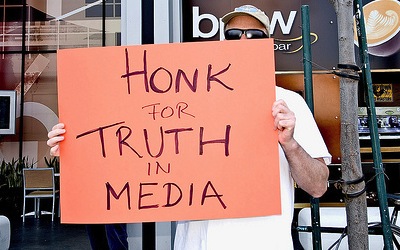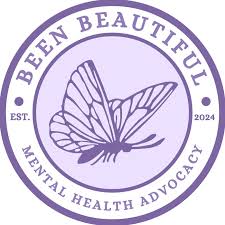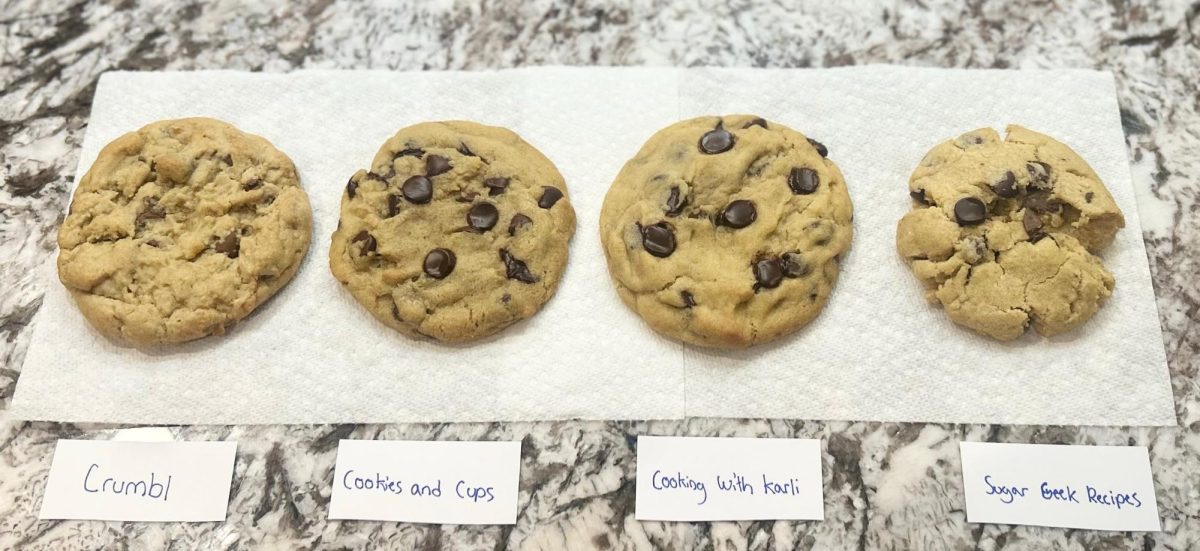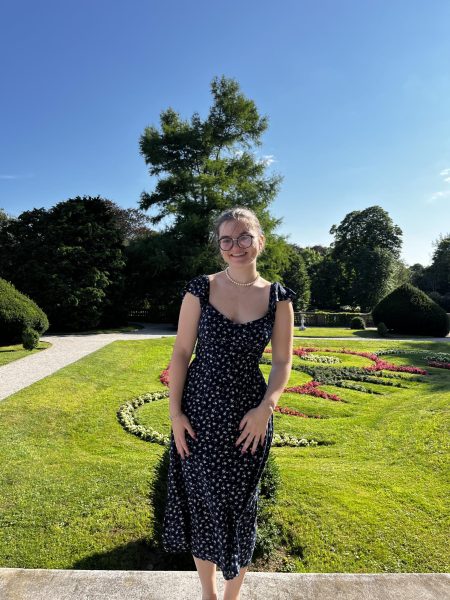
100% of the people who read this have interacted with the media. In a day and age where it is impossible to avoid the internet or technology we, as people, have become enslaved to it. While many people and scientists will argue how terrifying humans’ dependency on the internet is, the solution will never be to just throw away phones, burn computers, and eliminate the usage of the internet. At every moment of the day, we all have access to every bit of information that has ever been known. This is a privilege that no one before us has ever had, so how do we use it to make sure that we don’t repeat the pitfalls of our past?
Media literacy is an essential skill and is largely considered by Scholars and educators including media psychologists. In fact there’s a whole division of the American Psychological Association dedicated to media psychology as well as technology that supports the development of media literacy.
While many will always argue that the internet is harmless and entertainment flows free. As well as claim that they are not as easily influenced as others. Research argues that people are always impacted by the media messages they consume.
As a strong advocate for education around media literacy and the importance of critical thinking. This is a sentiment that is shared with other Juniors in DHS’s class of 2025. Junior Samuel Ramirez speaks about how he cares so much about media literacy that he incorporates it into almost every free response answer he has written in his AP Language Arts class. “People don’t understand that news sources have biases” he explains that people don’t take into account the full scope of information being thrust upon us every time we open our phones. Ramirez goes on to explain how people’s reaction to fictional media has changed. He says “people just ignore reality when it is reflected in fiction.” For many it’s really hard to understand that the media we consume is based on the real world. He goes on to say “because it’s just people not accepting that their media can reflect the world. People hear the word terrorist and they think of 9/11 or they think of the Boston bombing. And say ‘No, this main character can not be a terrorist’ even when they have openly committed acts of terrorism. It just shows that people can’t comprehend that the media can reflect real life.” The idea that the media that is consumed from social media reflects the world is incomprehensible. Art reflects the world, but if social media has conditioned everyone to believe that fiction is separate from reality.
Media literacy is generally known as the ability to apply critical thinking to messages, signs, and symbols transmitted through mass media. It cannot be understated that as people who interact with the media, we all must be aware of what we are reading to make sure that while our world is so saturated with media, we are able to differentiate what we’re being bombarded with every day.
After my conversation with Ramirez, I researched media literacy and showed a TikTok of people being asked if they knew what the Holocaust was and many have no idea what they are being asked about. This video was shared through a creator who was reposting it on Holocaust Memorial Day. To all of their followers and many people who also saw the video and had to take a step back and question, how as teenagers do they know so much more about this genocide than the adults in the video?
It was alarming to find out that from a study by the Pew Research Center one in five young Americans categorized as someone under the age of 25 doesn’t believe in the Holocaust. It was even more alarming to find out that Statistica interviewed 200 individuals from each state between the ages of 18 to 39. They found that no state had 70% of their 200 people report that they knew what Holocaust was. In short, at least 30% of middle-aged adults don’t know about the Holocaust.
It was also reported by ABC News that since the 1990s in the Digital Revolution, holocaust denial has gone up at a rate of 221% by 2021. In the comment section of this TikTok, put out by Will Witt, This concern was raised multiple times. The most dangerous of these comments, however, said “history is good to know, but not necessary.” The downfall of a Tik Tok comment section is that not only is this person disgustingly uneducated but the importance of history can not be explained in the 150 character limit of a reply.
Since the dawn of the Digital Revolution, everybody’s opinions have become readily available to the public. Being able to quantify what opinions are backed by factual information, and those that utilize technology to produce conspiracies. Is essential to shaping our understanding of the world
On October 7th the world stage got a look at life in Gaza and Israel. For many, this meant an Instagram story of education on the conflict, no more than a flat and unnuanced look at the war. Kaylen Alexander, a Junior at DHS, put it best saying “most people get their news from easily accessible sources like Tik Tok and Instagram people have grown lazy to fact-checking their information they fail to pick up on political agendas and hidden messaging behind the framing of their news.” If this is the education we accept about our present, we will repeat it in the future.
While many will always argue that the internet is harmless and entertainment flows free. As well as claim that they are not as easily influenced as others. Research argues that people are always impacted by the media messages they consume.
Everyone knows of Hitler but what about Stalin and the realities of the Soviet Union. Does the name Idi Amin mean anything? Do you know how far communism really spread? Do you know why Sudan is two countries? And do you know how to analyze the rest of this paragraph? Information is limited when spread on social media making the credibility and context limited at best.
Media literacy is necessary to understanding the world we live in today and how we got here. We have a unique privilege that has never been afforded to anyone in the past. Use critical understanding about the situations that got us here, and make sure that our history isn’t forgotten or repeated.





















